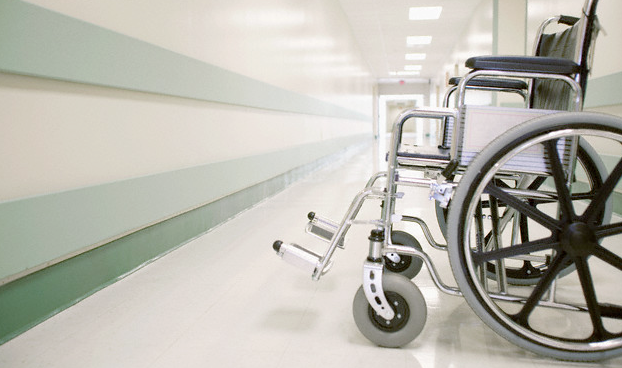Black and Hispanic people are less likely than white people to make an appointment to see a neurologist, according to a new U.S. study.
Researchers found that black people with conditions that affect the brain, such as Parkinson’s disease and stroke, tend to be treated in the emergency room and end up in the hospital more often than their white peers.
“Our findings demonstrate that there are substantial racial and ethnic disparities in neurologic health care access and utilization in the United States,” said study author Dr. Altaf Saadi, from Massachusetts General Hospital and Brigham and Women’s Hospital in Boston.
“These disparities are concerning, not only because racial and ethnic minorities represent 28 percent of Americans, but because all Americans should have equitable access to health care regardless of who they are, where they live, or what resources they have,” Saadi added in a news release from the American Academy of Neurology.
For the study, the researchers analyzed data compiled from close to 280,000 people over the course of eight years. Of these people, almost 17,000 reported having a neurologic disorder, such as Parkinson’s disease, epilepsy, multiple sclerosis or other brain-related conditions.
The findings showed that more than 3,300 people had cerebrovascular disease, over 2,200 had epilepsy, almost 400 had multiple sclerosis and close to another 400 were diagnosed with Parkinson’s disease. The researchers identified nearly 6,000 people who made about 13,700 outpatient visits to neurologists.






